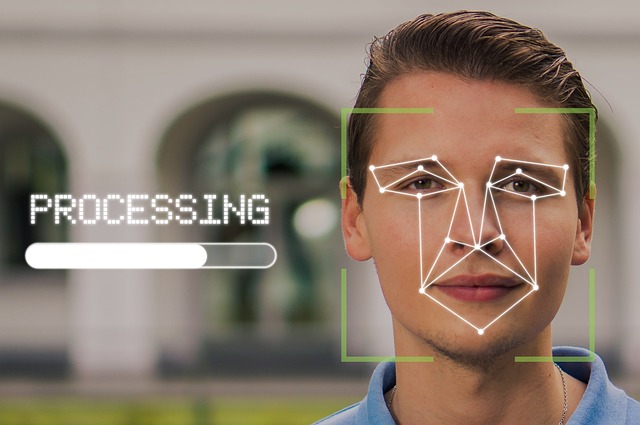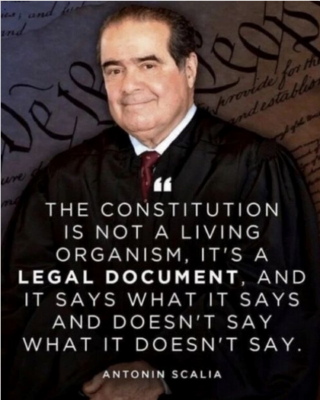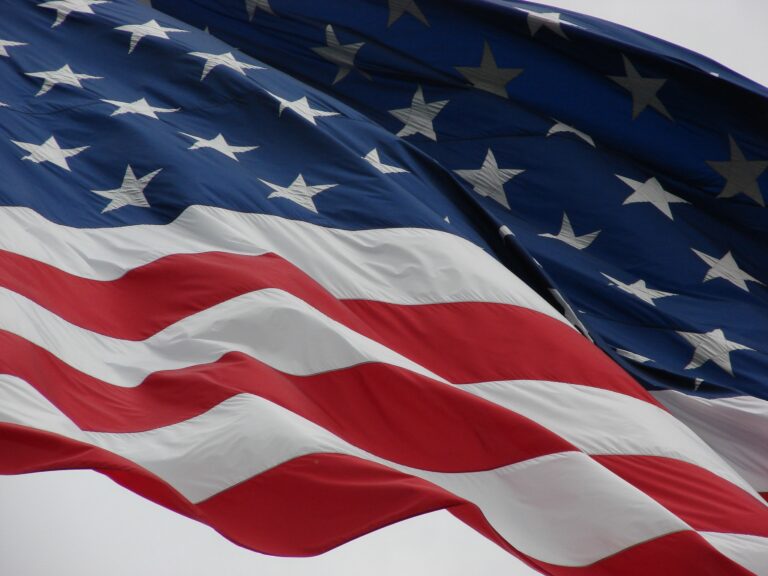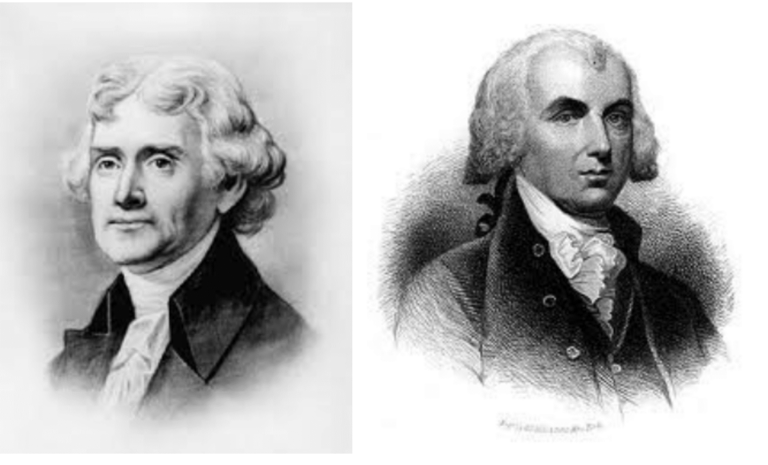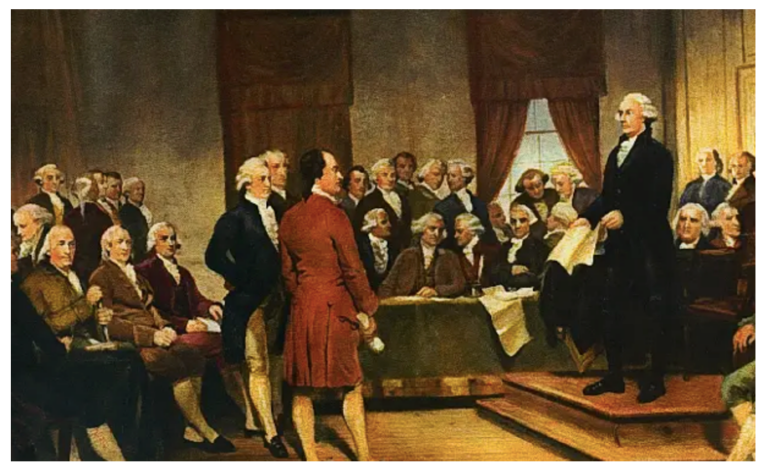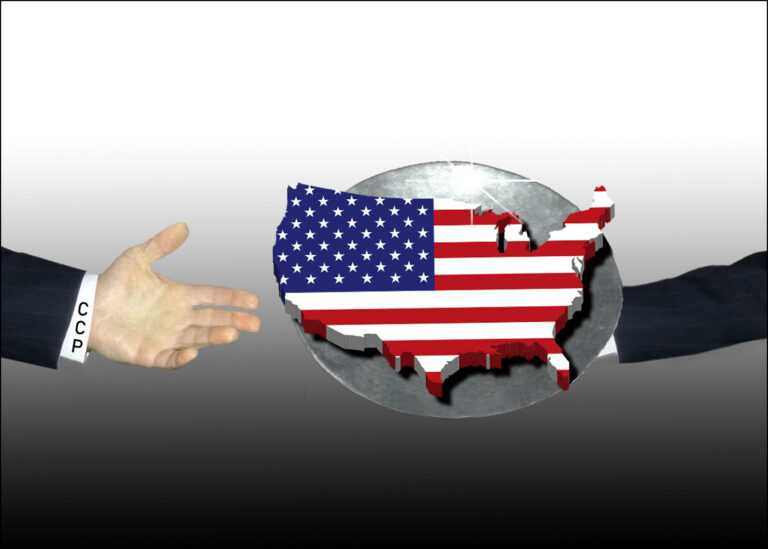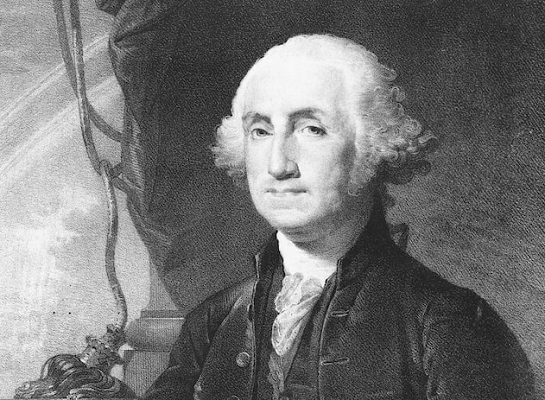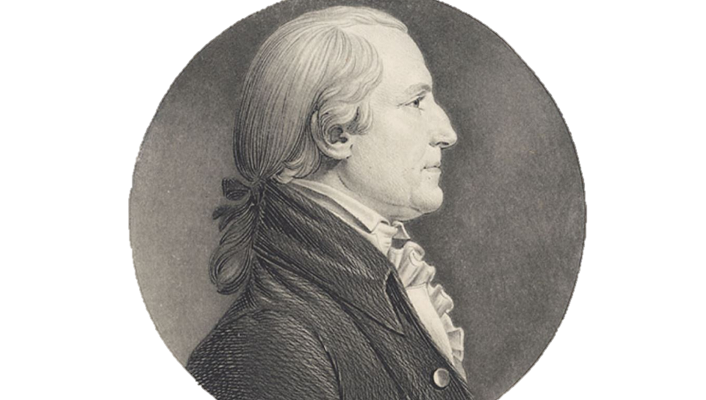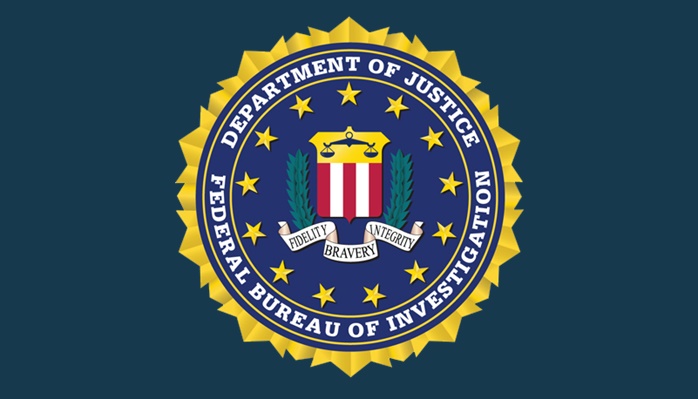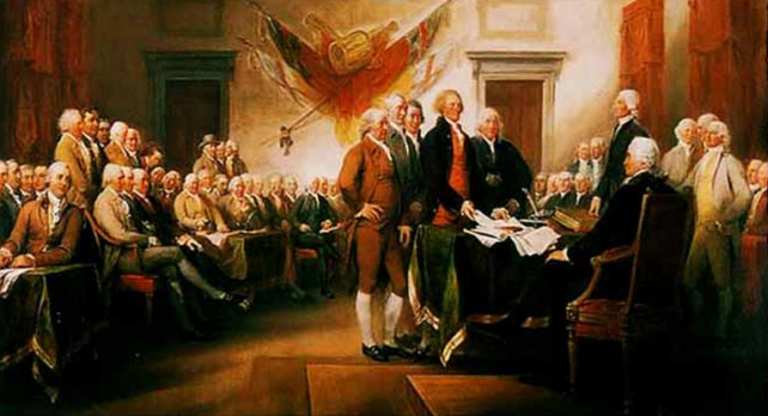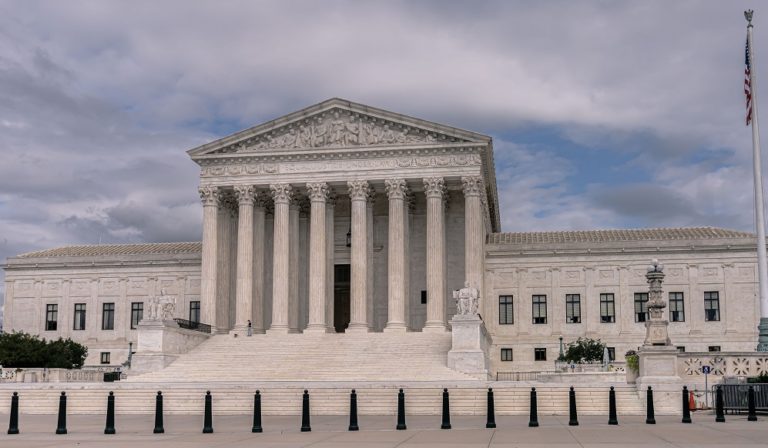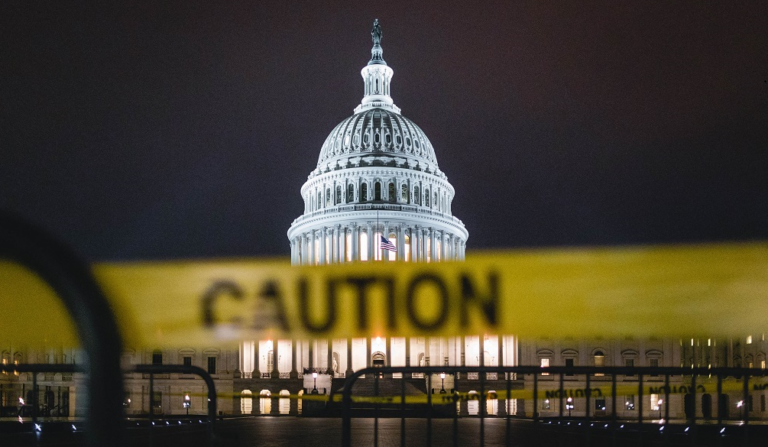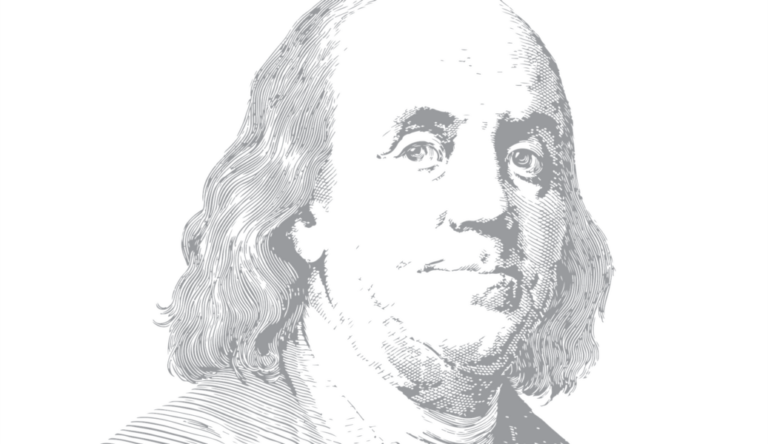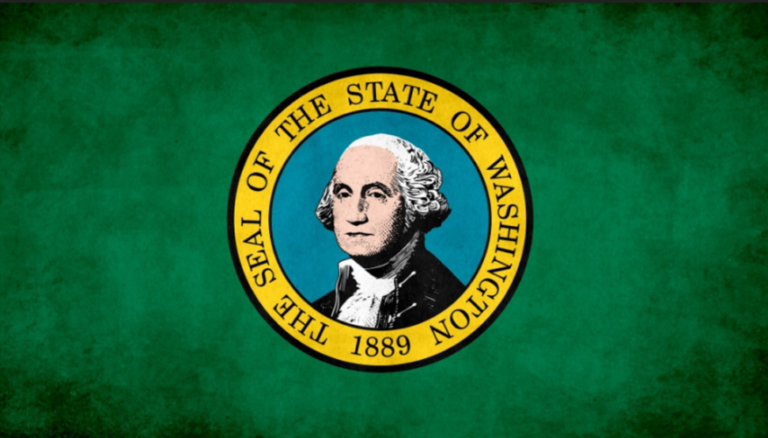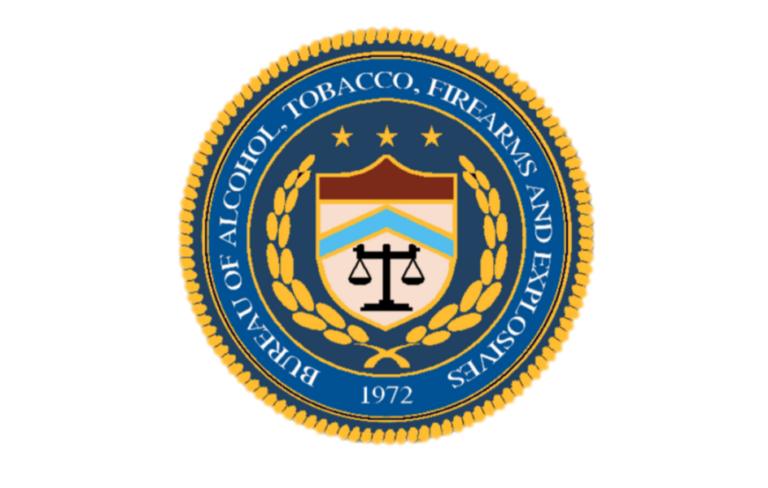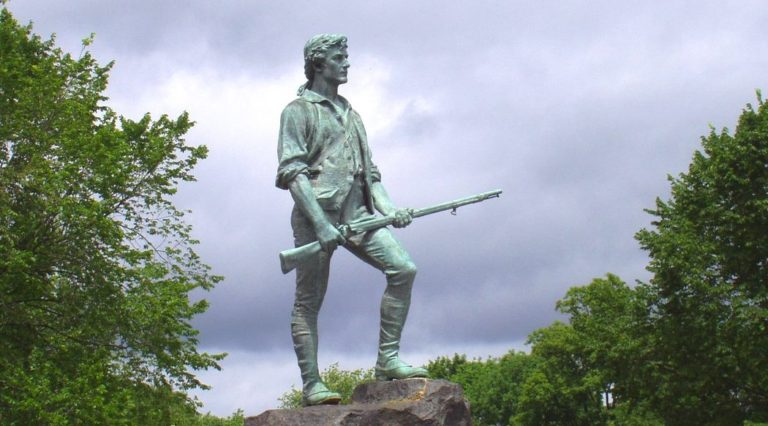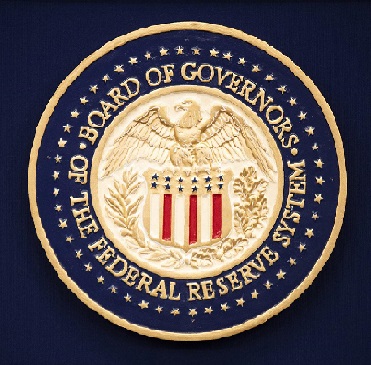A bill pre-filed in the New Hampshire House would effectively ban government surveillance using facial recognition in the state. The passage of this bill would not only help protect privacy in New Hampshire, but it would also hinder one aspect of the federal surveillance state.
The Tenth Amendment Center
Is This the Least Important Part of the Constitution?
Most people are familiar with the Constitution’s preamble. A lot of people were required to memorize it in school. But while the preamble is arguably the best-known part of the Constitution, it is the least important.
America isn’t “One Nation” and that Matters
The Pledge of Allegiance is wrong. These United States are not “one nation, indivisible.” They are a federation. This may seem like semantical nitpicking, but it is an extremely important distinction that impacts how we understand the powers of the general government. Black’s Law Dictionary explains the difference between a federal and a national government. … Read more
The Founders and the Constitution: Edmund Randolph
Edmund Randolph was born into a family with a tradition of public service. His maternal grandfather had been King’s Attorney (attorney general) in colonial Maryland. His paternal grandfather, father, and uncle all held the same position in colonial Virginia.
Unraveling the “One Nation” Myth
You’ve been lied to. America is not “one nation.” I know this feels shocking. You’ve proclaimed the United States of America is “one nation, under God, indivisible” your entire life. But you’ve been parroting a myth.
Six Must Read Sources from Thomas Jefferson and James Madison
Most people today have little to no familiarity with any of the principles that influenced the founders. Below, you’ll find six important resources hand-picked by Thomas Jefferson and James Madison. You can also find links to each in this podcast episode – “The Founders’ Education.”
Three Essentials to Understand the Constitution
Textualism is a prominent framework for interpreting the Constitution, particularly in conservative circles. Adherents of this school generally believe you can understand the Constitution simply by reading the words in the document and determining the “plain meaning” of the text. This differs from the “intent” of the framers or the “original meaning” as understood by … Read more
Whose Fault Is This?
The Constitution was supposed to create a general government limited to a few specific listed powers. Instead, we ended up with the biggest, most powerful government in the history of the world.
Today in History: The Fairfax Resolves Adopted – Condemning British Constitutional Violations
On July 18, 1774, a committee led by George Washington in Fairfax County, Virginia, voted to adopt the Fairfax Resolves condemning British actions against the colonies and calling for an embargo on British imports and exports. It represented growing colonial resistance, which ultimately led to a British gun control program and the march on Lexington and … Read more
St. George Tucker: Our Original Originalist?
On July 10, 1752, St. George Tucker was born. He wrote the first systematic commentary on the U.S. Constitution and was one of the most influential jurists and legal scholars during the formative years of the United States.
FBI Make-Work Entrapment Schemes: Creating Criminals in Order to Arrest Them
We’re not dealing with a government that exists to serve its people, protect their liberties and ensure their happiness. Rather, we are the unfortunate victims of the diabolical machinations of a make-works program carried out on an epic scale whose only purpose is to keep the powers-that-be permanently (and profitably) employed. Case in point: the … Read more
The Founders and the Constitution: Introduction
This series of essays focuses on those American Founders who exercised the most influence on the original Constitution as amended by the Bill of Rights. Each essay thumbnails the life and contributions of at least one individual. The essays also will tell you more about “the supreme Law of the Land.”
The Supreme Court’s New Decision on “Taking Property”
In the next few weeks, the Supreme Court will be finishing up its October Term. The term gets its name from the fact that it begins Oct. 1. The next few columns will unpack some of the court’s most important decisions.
Government Power Is Like a Deadly Disease
Government power is like a deadly disease.
If you don’t nip it in the bud, it grows faster and faster – and more dangerous.
That’s what the Founders and Old Revolutionaries warned us about – repeatedly. As a result of ignoring their warnings for generations, we now live under the largest government in history – and the disease keeps getting worse.
Benjamin Franklin Speech Exposes the Inherent Danger of Power and Money
On June 2, 1787, Benjamin Franklin delivered a speech at the Philadelphia Convention opposing a provision in the proposed Constitution to pay the president a salary. The speech reveals some important aspects of human nature that we should keep in mind today. Franklin submitted a change to the proposed Constitution stipulating that instead of paying … Read more
Yet Another Example of How Written Constitutions Don’t Enforce Themselves
Constitutions don’t enforce themselves. That’s why James Madison called them “parchment barriers.” While there are plenty of examples of this at the federal level, it’s worth looking at a situation at the state level that perhaps demonstrates this even more so.
ATF Pistol Brace Rule: An “Experiment of your Disposition”
With an enforcement deadline looming at the end of May, potentially affecting millions of stabilizing braces, the new ATF rule is – as the founders told us – a test or an “experiment of your disposition.”
The Militia vs. The Standing Army: Does the Distinction Matter?
Within the debate over the meaning of the Second Amendment, a lot of attention gets paid to the phrase “well-regulated militia.” Most of the time, the focus is on whether or not this phrase infers a collective right, or explains the need for the individual right to keep and bear arms.
Central Bank Digital Currency: Paper Money isn’t the Solution
Physical paper money solves some of the privacy and security issues inherent in central bank digital currencies (CBDCs). But a lot of people seem to have forgotten that government-issued paper fiat is the parent of a CBDC, and it won’t solve the more fundamental problem – whether physical or digital, fiat currency isn’t real money. What Is … Read more
Disarm the IRS, De-Militarize the Bureaucracy, and Dismantle the Standing Army
“There are instruments so dangerous to the rights of the nation and which place them so totally at the mercy of their governors that those governors, whether legislative or executive, should be restrained from keeping such instruments on foot but in well-defined cases. Such an instrument is a standing army.”
-Thomas Jefferson, 1789
